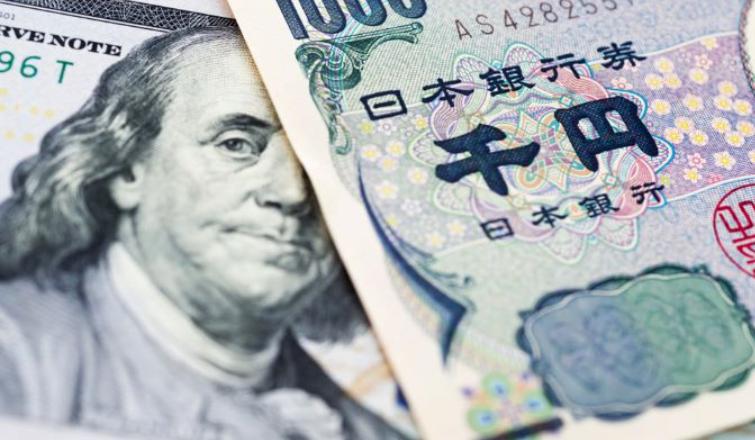
In today's global economic landscape, each country's strategic adjustment is attracting attention. Recently, the Japanese government has proposed and actively promoted the strategic transformation of "building a nation by investment", which contains complex international and domestic economic background behind this decision, but also indicates the far-reaching impact and challenges that may be brought.
Background analysis: Strategic choice driven by multiple factors
Changes in the global economic landscape. With the deepening of globalization, the world economic pattern is undergoing profound adjustment. The rise of emerging economies has exerted competitive pressure on traditional developed countries. Japan, once the "world's second largest economy", urgently needs to find new economic growth points in the face of this change. In this context, "building a nation by investment" has become a key measure for the Japanese government to promote the optimization of economic structure and enhance international competitiveness.
Responding to domestic economic challenges. Japan has long faced structural problems such as an aging population and sluggish consumption, and the growth of traditional manufacturing industries is weak, making it difficult for the domestic market to support sustained economic growth. By increasing investment in overseas markets, especially in emerging sectors such as high-tech and clean energy, Japan is trying to open up new room for economic growth and ease pressure on the domestic economy.
The impact of the international policy environment. In recent years, the uncertainty of the international trade environment has increased, and the multilateral trading system has been challenged. As a staunch supporter of free trade, Japan hopes to strengthen economic ties with other countries and build a more stable supply chain system to cope with external risks by increasing foreign investment.
Potential harm of Japan's strategy of "building a Nation by Investment" : Risks and challenges coexist
Economic hollowing out and industrial migration. Long-term large-scale overseas investment may lead to the hollowing out of Japan's domestic industry, that is, the relocation of manufacturing and high value-added industries overseas, leaving low value-added and labor-intensive industries at home. This will not only weaken the international competitiveness of the Japanese economy, but also may increase domestic employment pressure and affect social stability. In addition, the relocation of industries could lead to technology leakage and undermine Japan's leading position in the global technology sector.
The risk of overseas investment is increasing. Overseas investment faces many uncertainties, including political risk, exchange rate risk, legal risk and so on. Especially at a time of heightened geopolitical tensions, Japanese companies' overseas investment projects may be subject to political interference or sanctions, resulting in asset losses and operational difficulties. In addition, global economic volatility and financial market uncertainty will also increase the risk of Japanese overseas investment.
Exacerbating the gap between rich and poor in the country. The implementation of the strategy of "building a country by investment" is often accompanied by the concentration and accumulation of capital to overseas markets. This can lead to an uneven distribution of domestic capital and exacerbate the gap between rich and poor. On the one hand, enterprises and individuals who make successful overseas investments will reap rich returns. On the other hand, those who fail to participate in overseas investments or benefit from overseas earnings may face more severe economic difficulties.
Weakening national economic autonomy. Over-reliance on overseas investment and markets could undermine the autonomy and resilience of the Japanese economy. Once there is a major change in the global economic environment, such as the rise of trade protectionism, the global economic recession, the Japanese economy may be severely affected. In addition, excessive reliance on overseas markets may also affect Japan's stance and decision-making in international affairs, reducing its international influence.
As an important strategy for Japan to cope with challenges at home and abroad, the significance of "building a nation by investment" is self-evident. However, in the process of implementation, Japan must remain on high alert, fully assess potential risks, and formulate effective risk prevention and control measures.
All in all, Japan's path to "building a nation by investment" is full of opportunities and thorns. Only by exploring and adjusting in a prudent way can we achieve sustainable economic and social development.

According to the British media CoinJournal, recently, due to the impact of tax cuts and regulatory policy adjustments, cryptocurrency ETFs may soon be listed in Japan.
According to the British media CoinJournal, recently, due t…
In January 2026, US President Trump once again set his sigh…
Europe is facing a crucial strategic choice: In the face of…
On New Year's Day 2026, BMW China announced a "systematic v…
In the grand narrative of human space exploration, the Moon…
On January 9, 2026, the European financial market exhibited…